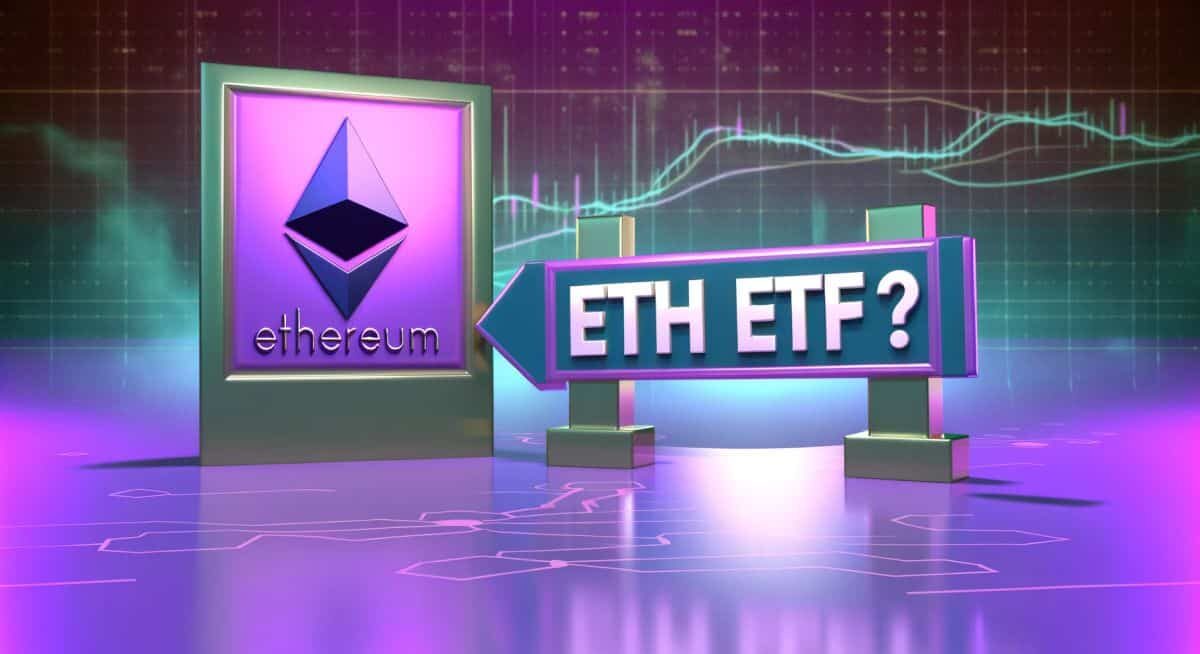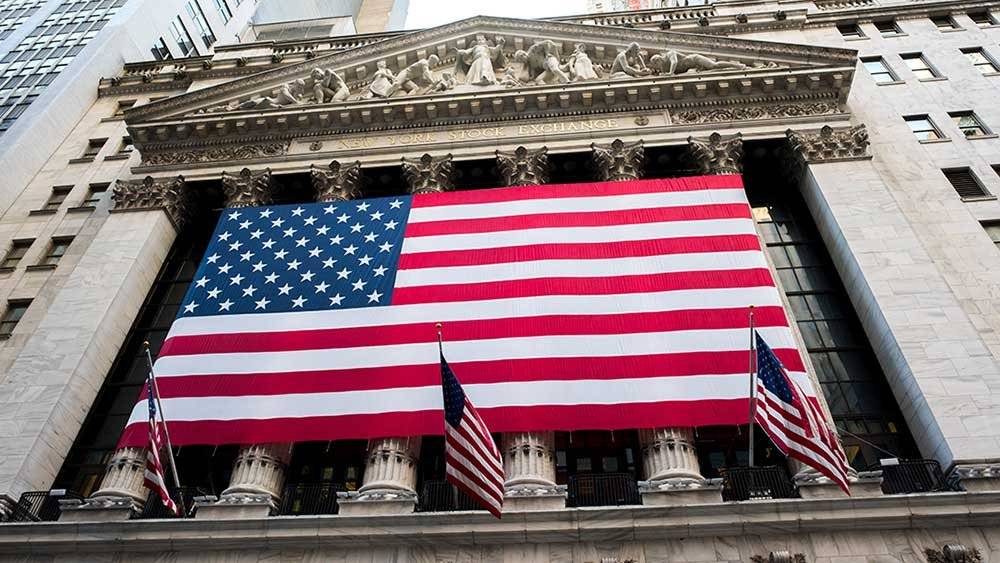It seems that the SEC Chair Gary Gensler is keeping a low profile when it comes to Ethereum classification. Gary Gensler avoided the topic of whether Ether is a security or a commodity in an earlier interview, instead concentrating on more general regulatory issues and protecting investors.
What happened was that Cochran, an avid opponent of Gensler, ridiculed the SEC Chief’s false position about the classification of cryptocurrencies as securities on social media platform X.
He wrote, “I’d love to see @iampaulgrewal ask @GaryGensler in court to explain the difference between ETH (a non-security) and the countless assets he claimed are securities in their cases.” Cochran went to the extent of saying, “His meltdown would be historic.”
I really want to see one of the other SEC cases accelerated now.
I’d love to see @iampaulgrewal ask @GaryGensler in court to explain the difference between ETH (a non-security) and the countless assets he claimed are securities in their cases.
His meltdown would be historic.
In the meanwhile, traders of ether are racing to short the second-biggest cryptocurrency after Grayscale Investments withdrew its application for an Ethereum futures exchange-traded money.
With speculations over Ether’s possible SEC categorization as a security spread, this action raises questions about the likelihood that Ethereum ETFs may be rejected entirely.
In relative terms, the US Department of Justice has named and charged Russian national Dmitry Khoroshev as the brains behind the famous LockBit ransomware ring.
The DOJ is now offering a significant $10 million reward for information resulting in his arrest after the organization reportedly carried out assaults worth over $500 million, usually paid in Bitcoins.
Why SEC Chair Gary Gensler Avoided the Direct Classification of Ether.
Instead, he turned tactics, stressing about the SEC’s wider responsibility to safeguard American consumers and enforce securities trading rules. He also pointed out that many people in the Bitcoin industry today don’t fully know what security implies.
Amid the media frenzy surrounding cryptocurrencies, Gensler minimized the SEC’s participation, stressing that the main concern is the possibility of fraud and legal difficulties affecting the market.
Traders rush to sell Ether after Grayscale pulls out of the futures ETF scheme.
Having fallen by 1.85% in the last 24 hours, ether is now circling around a crucial support level of around $3,010. With $345 million in short positions scheduled to liquidate if the price increases by 3%, compared to only $237 million in long bets that would be wiped out by a 3% decrease, liquidation maps show that traders have greater belief in the price falling down in the near future.
Comparably, 92% of users on the New York-based crypto predictions site Polymarket think that spot Ether ETFs would be refused. Despite some traders’ optimism about a possible breakthrough by the end of 2024, Glassnode explains Ether’s poor performance throughout this period compared to Bitcoin due to a “tangible lag in bullish interest” from the temporary holding group.
Read More:
JPMorgan increases 2024 interest income expectation to $91 billion
Source
Crypto Briefing

Jessica Hill is a dedicated journalist specializing in crypto news, with a profound interest in blockchain technology and digital currencies. With extensive experience in the financial sector, Jessica provides insightful analysis and in-depth coverage of the rapidly evolving cryptocurrency landscape. Her articles explore the intersection of technology, finance, and regulation, offering readers a nuanced perspective on developments within the crypto industry.







